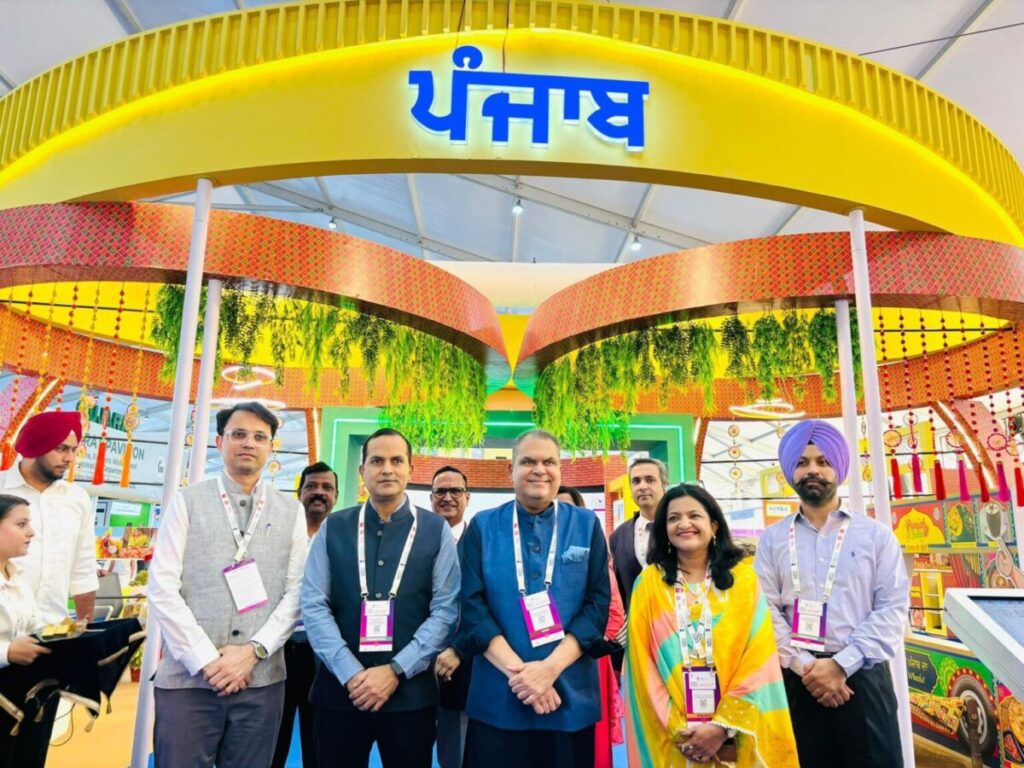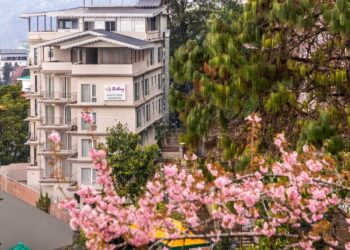-KH News Desk (editorial1@imaws.org)

The agricultural landscape of Punjab, long synonymous with traditional farming and abundant grain production, is undergoing a profound technological overhaul. This seismic shift, driven by Artificial Intelligence (AI) and advanced AgriTech, was the dominant narrative at the recent World Food Fair 2025, where the state became an unexpected global focal point.
Shedding its legacy image, Punjab has successfully rebranded itself as a pioneer in smart agriculture. The state’s innovative pavilion, centered on technology-driven food production, captivated international experts and potential investors. The new “Smart Agriculture Scheme” is democratizing complex tools like data analytics, making them easily accessible to local farmers. This AI-guided approach provides precise data on crop health, market demand, and optimal production schedules. The result? A measurable increase in yield and quality, a significant reduction in operational costs, and, crucially, a doubling of farmer incomes.
The transformation doesn’t stop in the fields. Punjab’s food processing sector is rapidly embracing automation and modern equipment. This move ensures a cleaner, more stable, and efficient production chain, which not only adds value to the agricultural output but also increases the quality and shelf life of products. The combined advancements have solidified Punjab’s position as a leading contributor to India’s food exports, granting farmers direct access to sophisticated national and international markets.
At the World Food Fair 2025, the “Punjab Partner State Session” emerged as a key forum, inviting global stakeholders to participate in this future growth. Foreign technology firms and investors expressed keen interest in establishing new partnerships and food processing units. Furthermore, the state is nurturing an Agri-startup ecosystem, actively connecting youth entrepreneurs with the sector. This focus on innovation and sustainable models ensures not only food security but also robust employment generation, fueling a resilient, technology-led rural economy. Punjab is now showcasing a blueprint for how states can use technology to create a stable and sustainable agricultural future.







